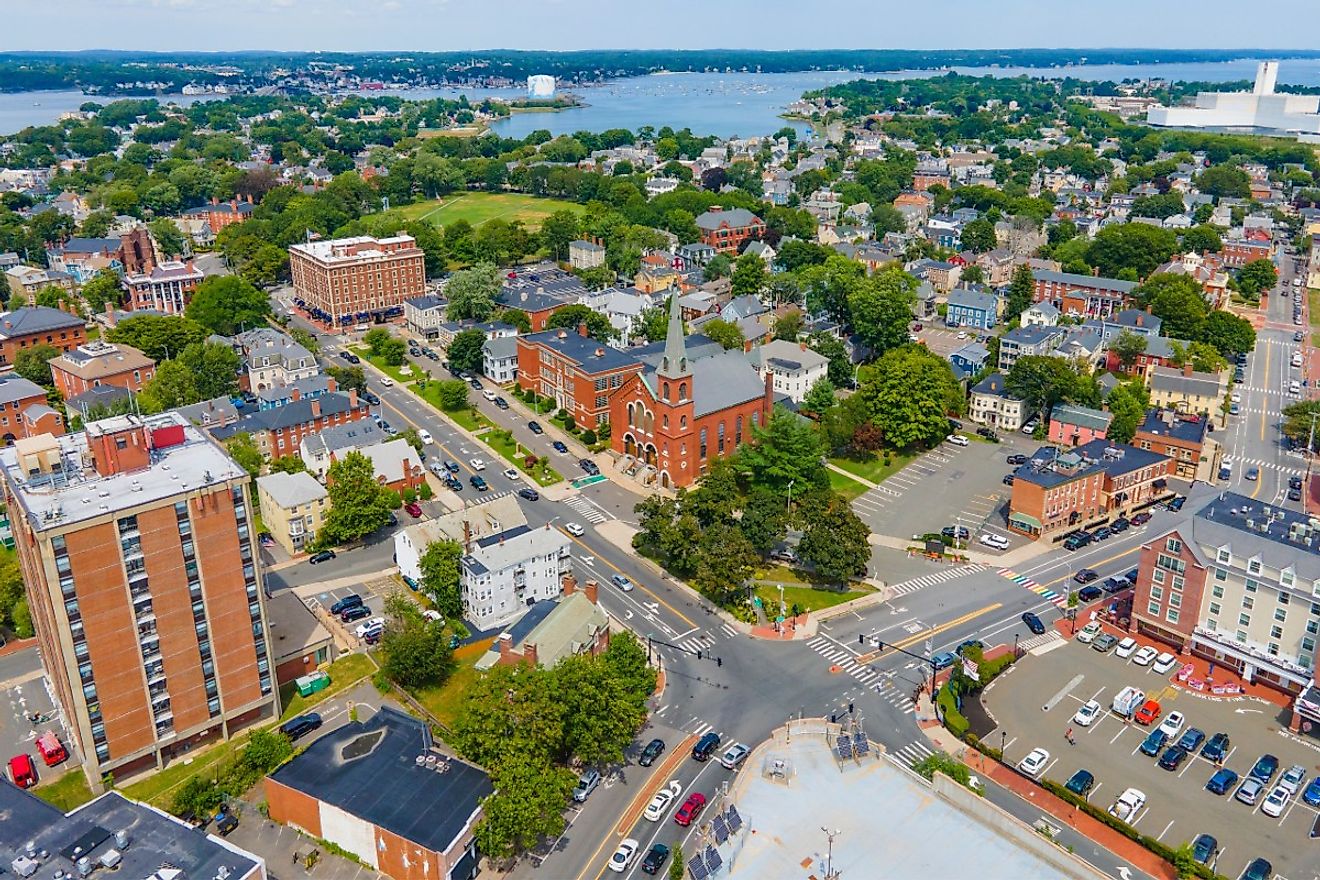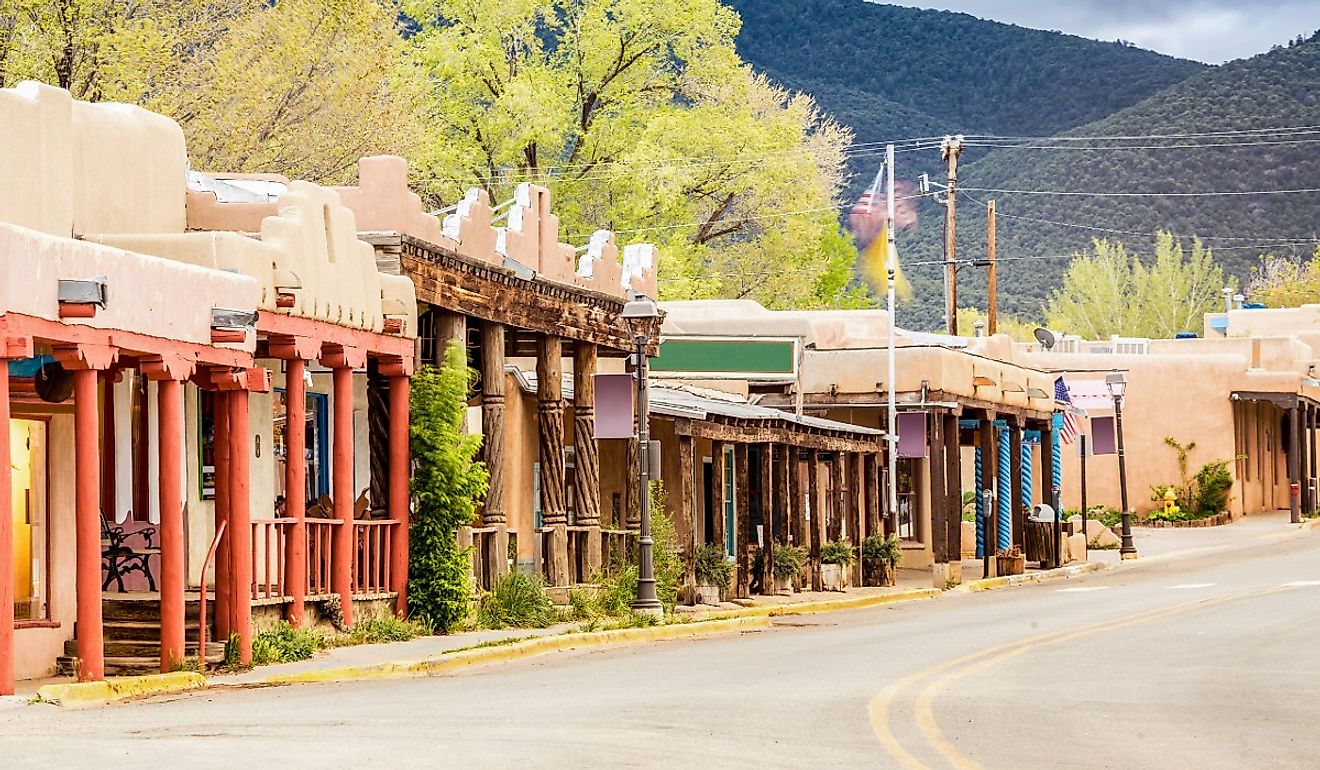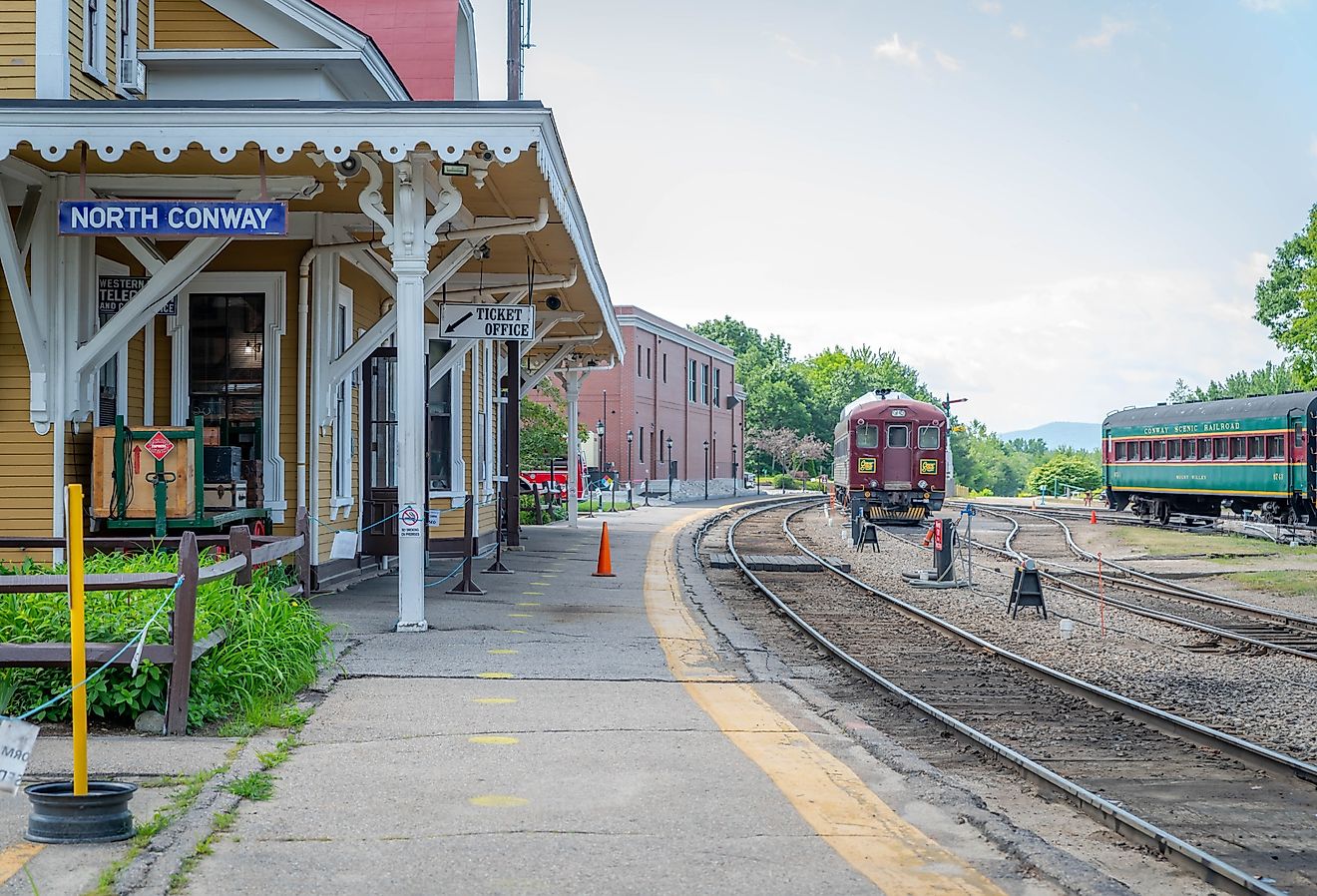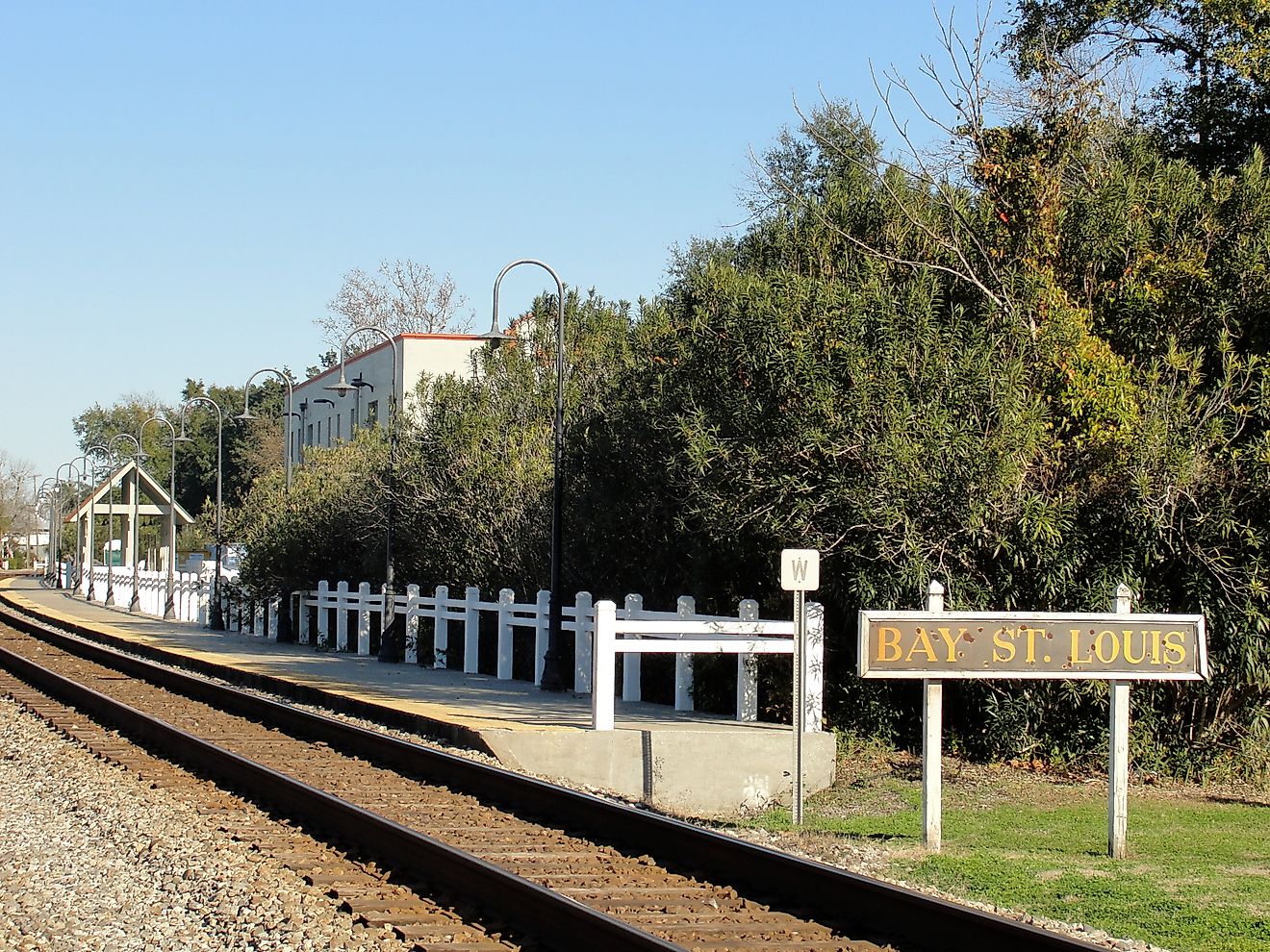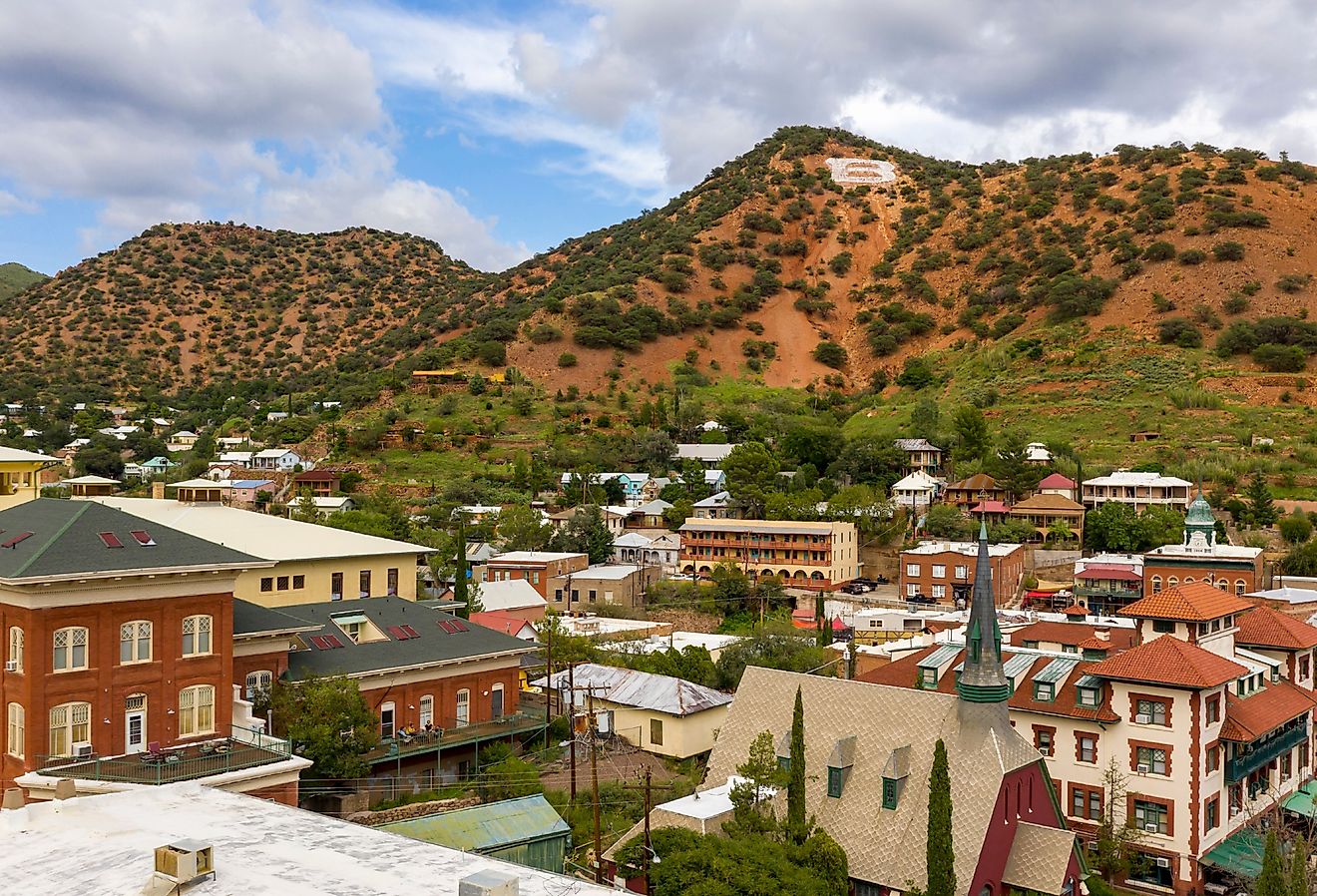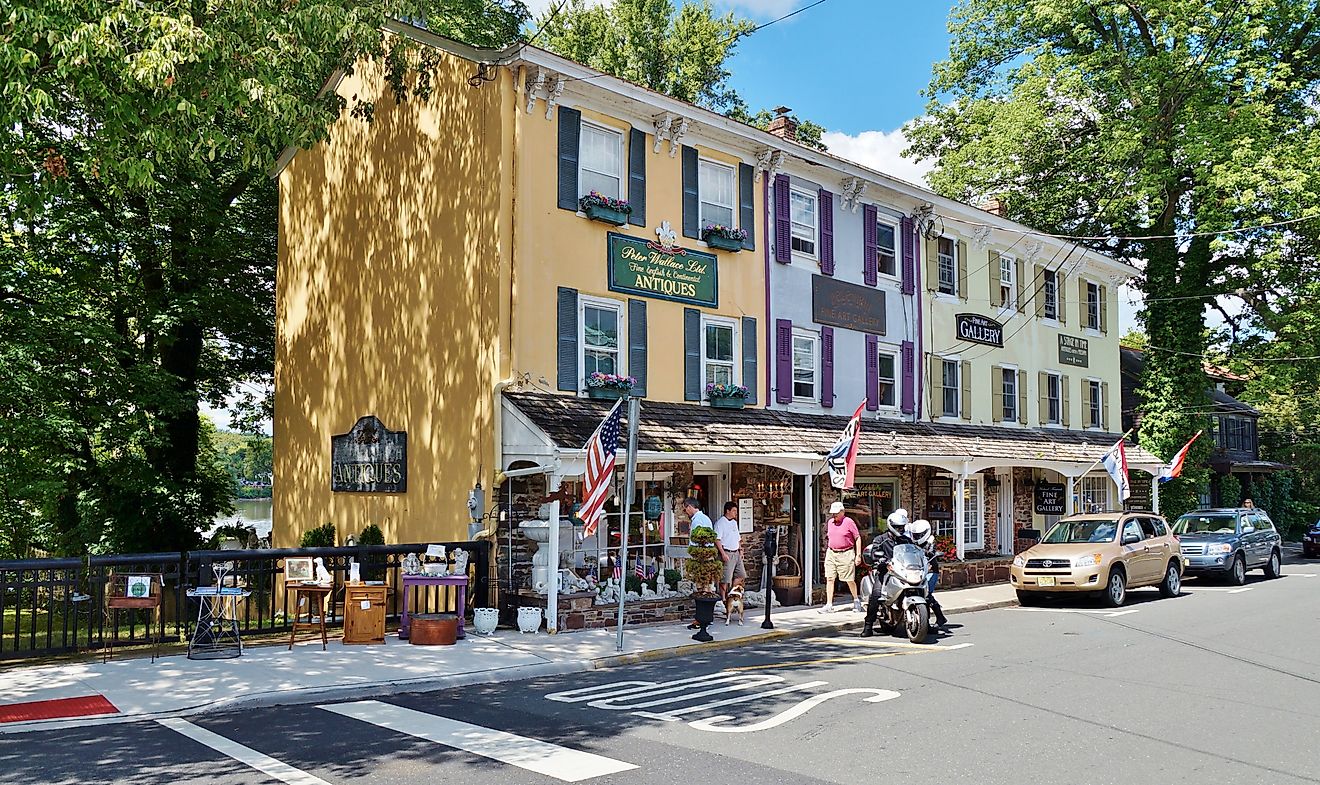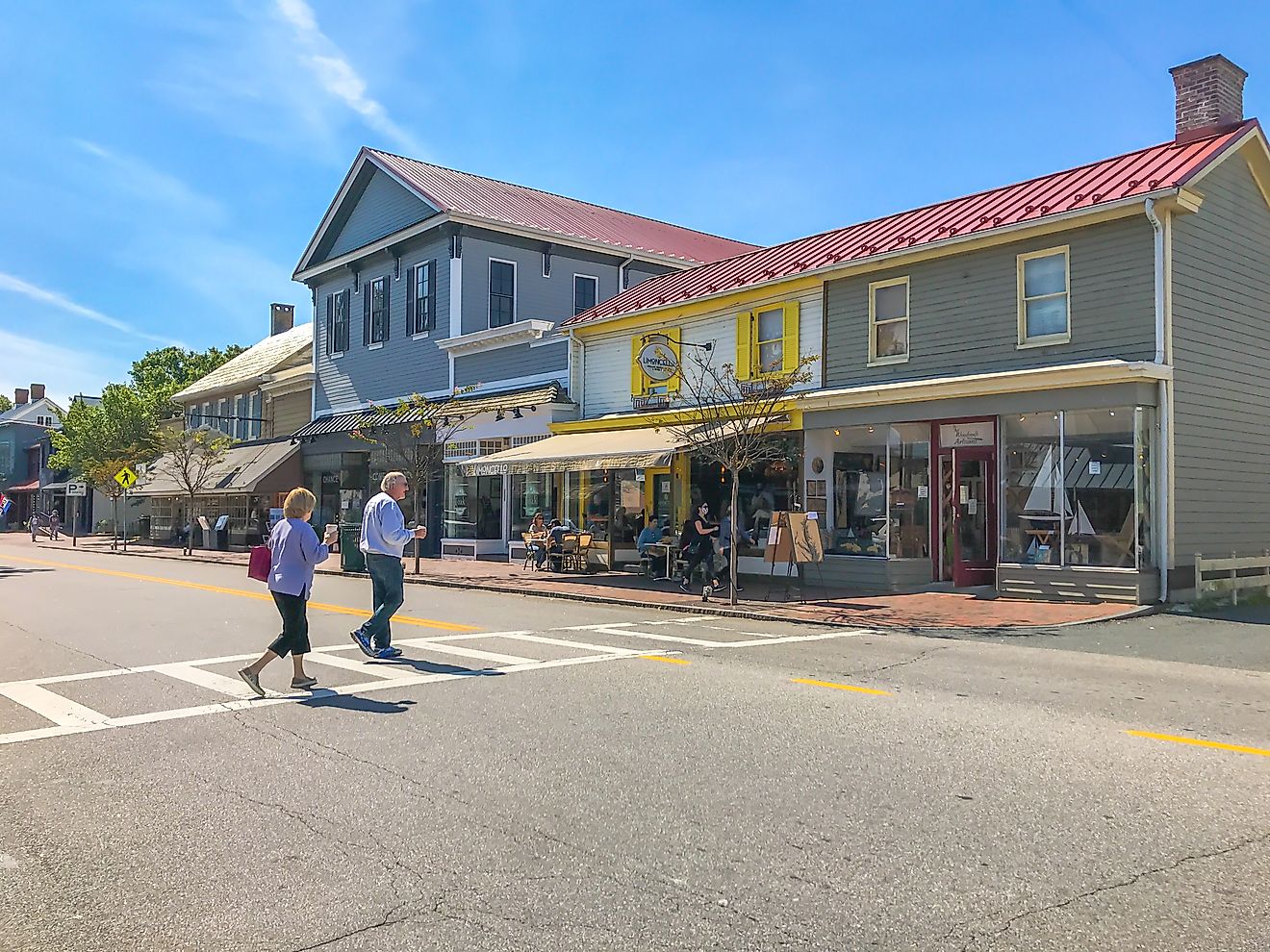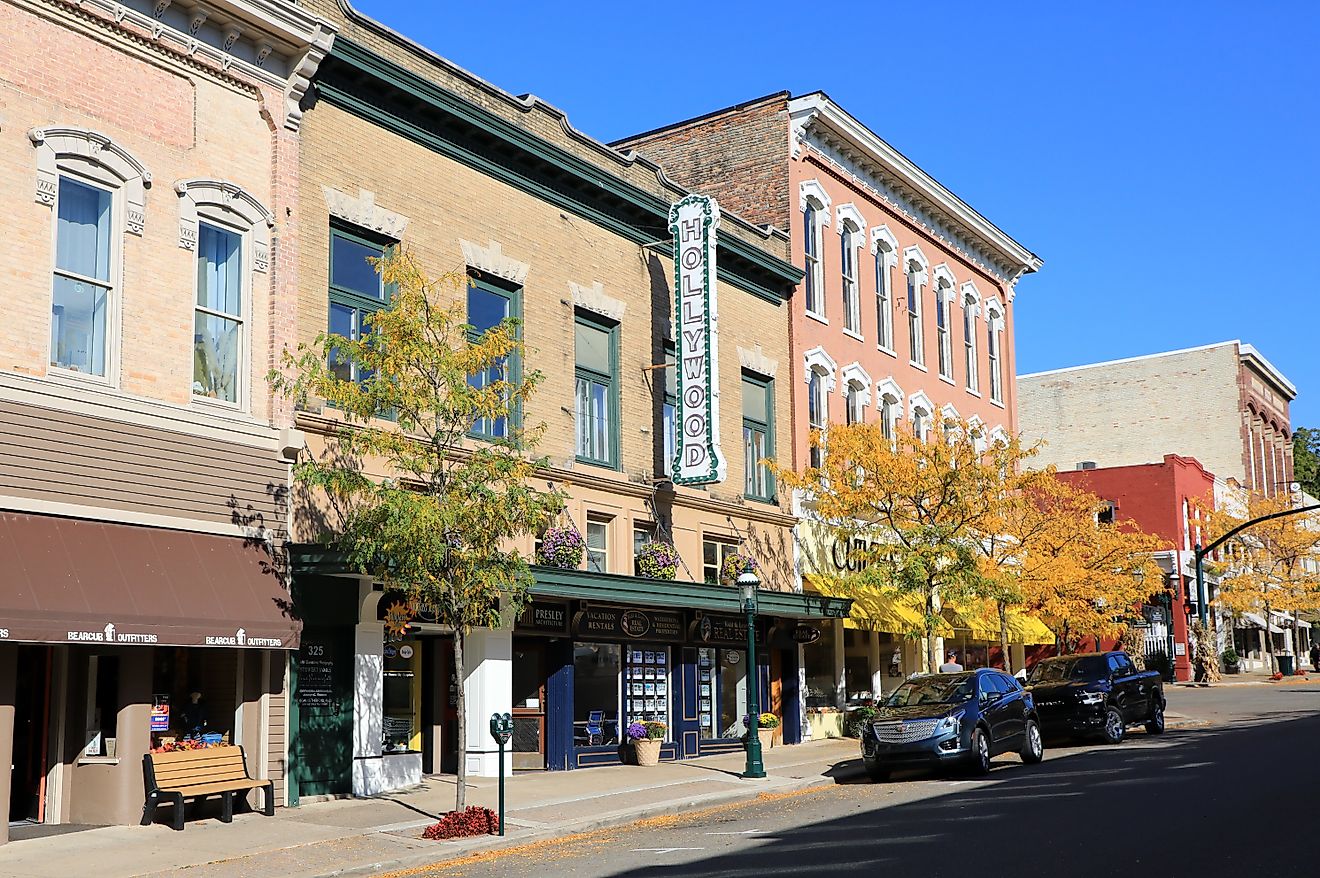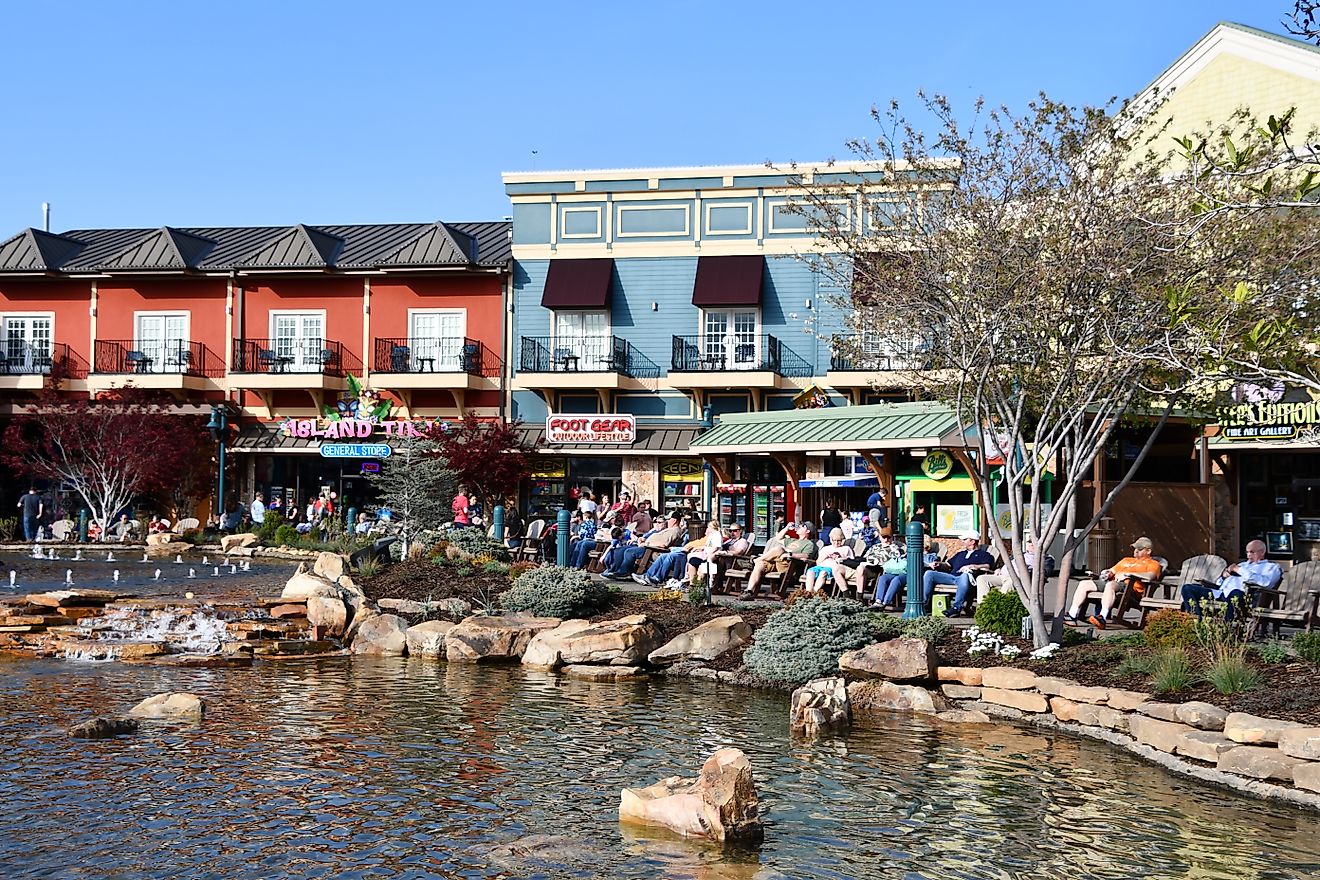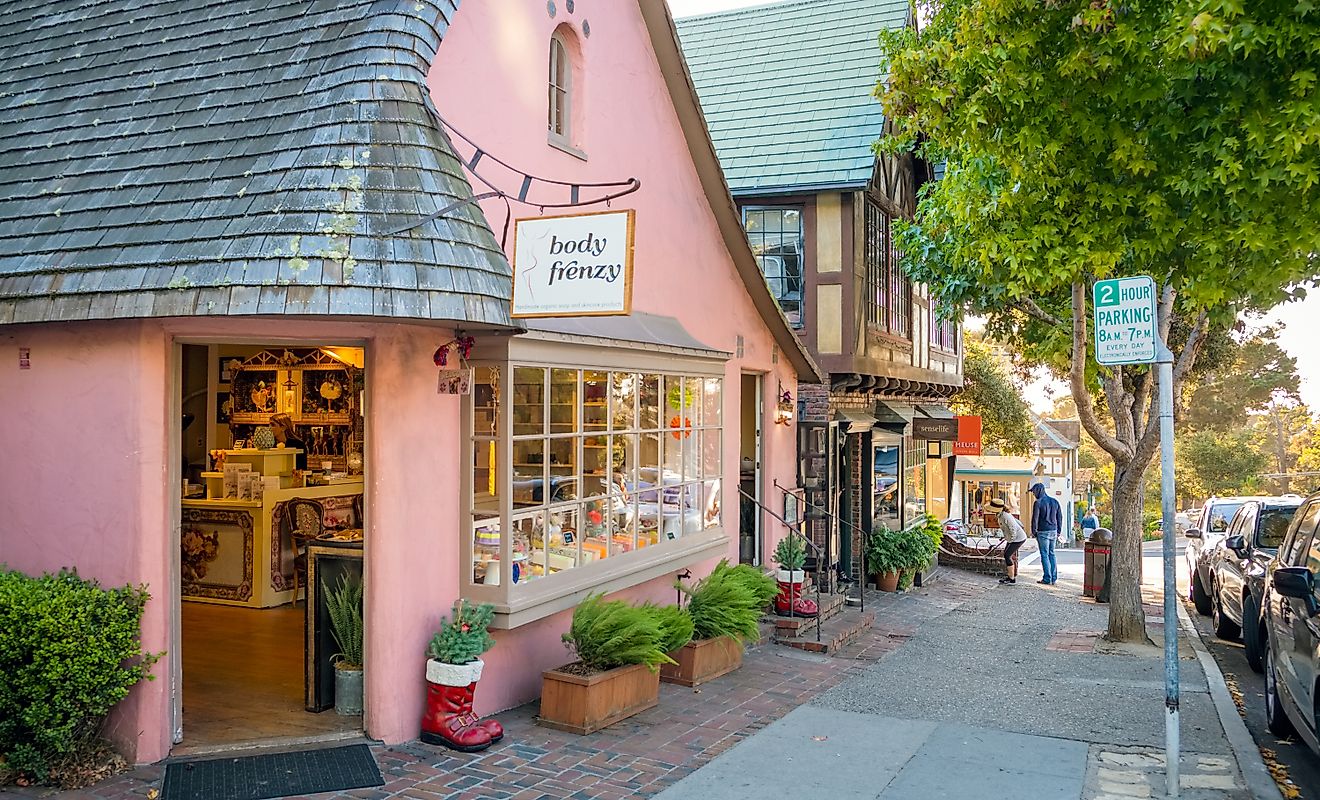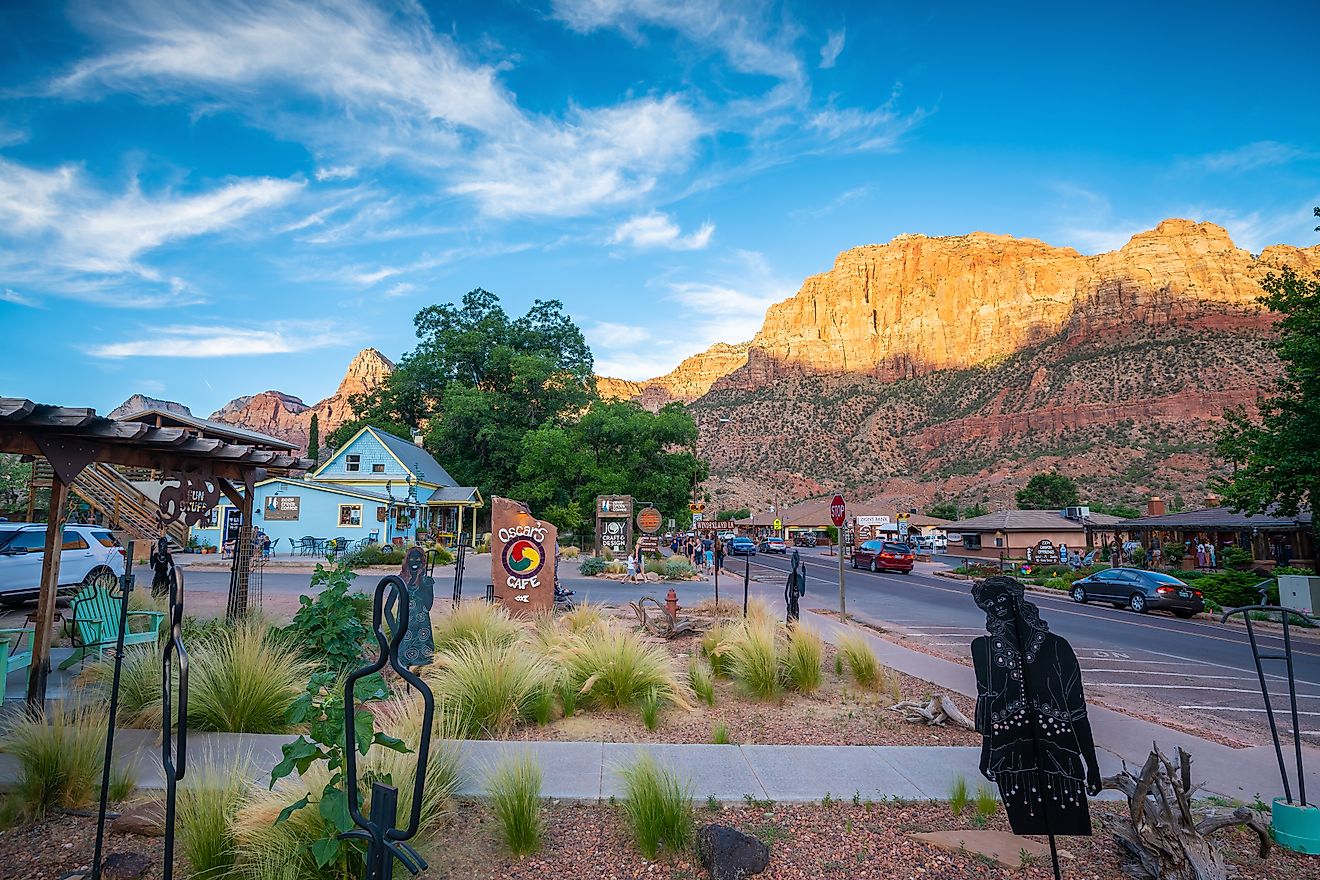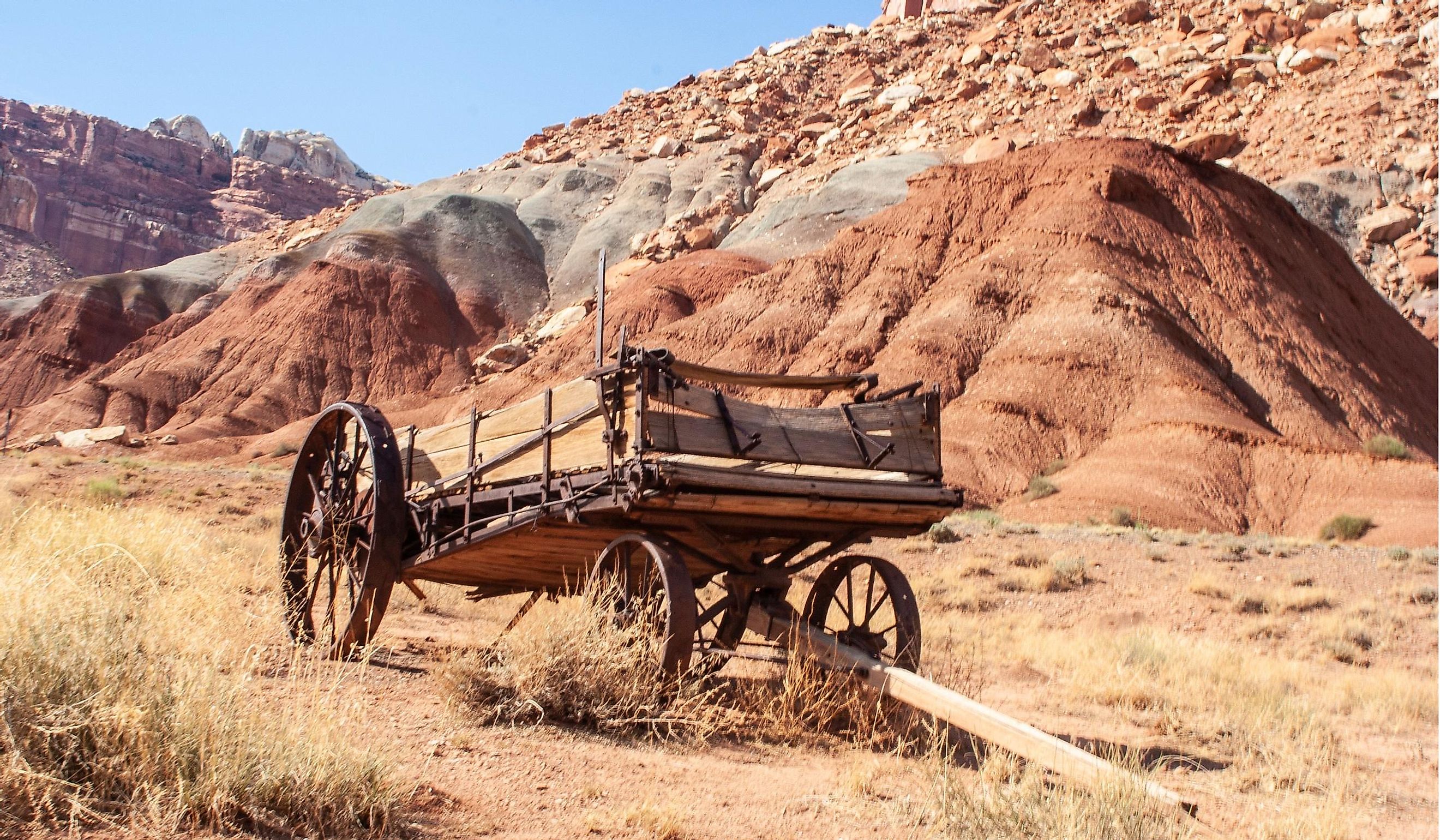
7 Must-See Historic Towns in Utah
Utah, like its neighbors Wyoming, Colorado, Nevada, Idaho, New Mexico, and Arizona, is renowned for being the home to natural wonders such as the Great Salt Lake, the largest saltwater lake in the Western Hemisphere. Amidst all of its natural beauty, though, “The Beehive State” is also home to numerous historic small towns that have interesting stories to tell. Check out our list of seven fascinating communities that deserve spots on your next Utah travel itinerary.
Grafton
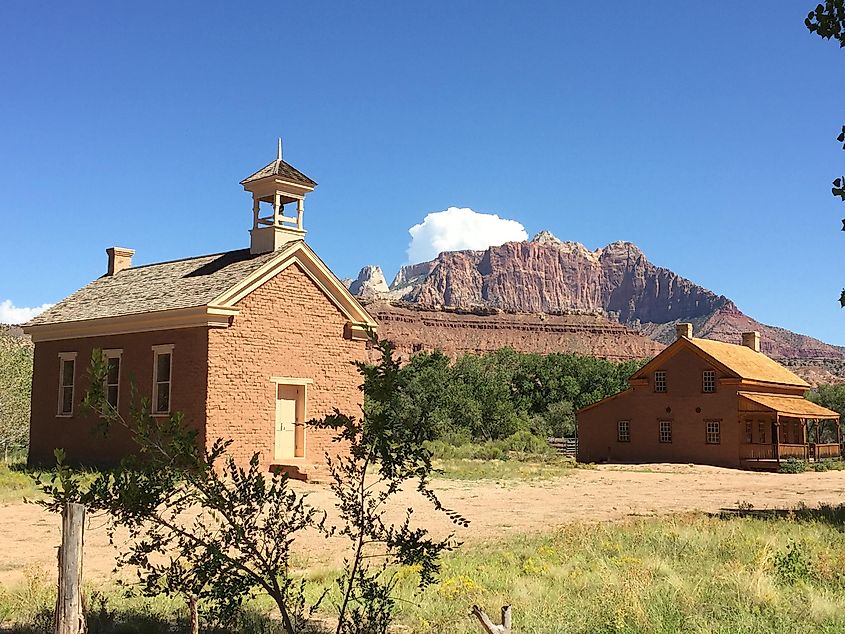
Unlike the very lively towns that make up the rest of this list, Grafton is a true “ghost town,” abandoned by its last residents in 1944. Since then, Grafton has lived on as the reputed “most photographed ghost town in the West” and the backdrop for classic Hollywood films like Butch Cassidy and the Sundance Kid. Structures like the town’s 1886 schoolhouse were preserved first for use in films and since 1997 by the Grafton Heritage Partnership. This unique piece of Utah history is also located next to one of the state’s greatest natural treasures, Zion National Park, which has a captivating history as well pertaining to the native people who resided here.
Helper
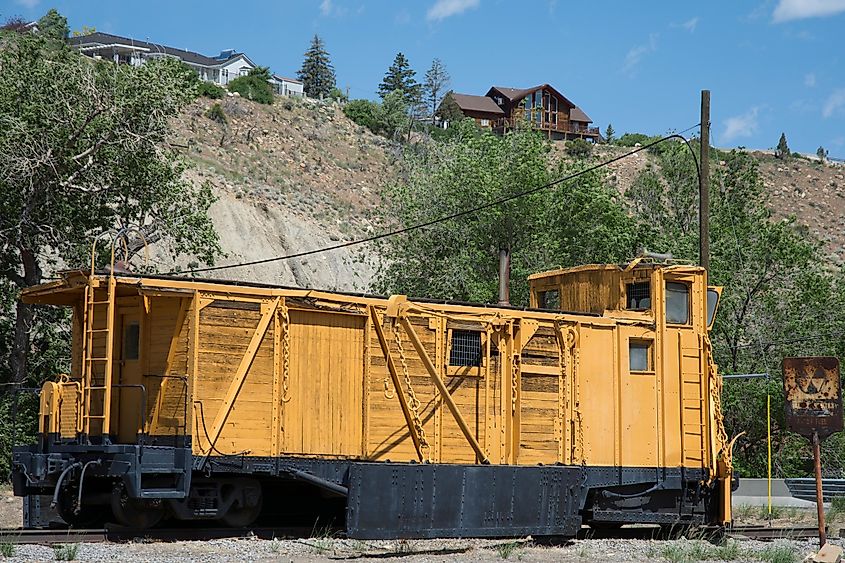
Helper, initially settled in 1880, got its unique name because it served as a railroad junction where “helper” locomotives assisted trains as they made the steep ascent to the coal mines at nearby Soldier Summit. Helper is the home of the Western Mining and Railroad Museum (also called the Helper Museum), which offers a wide range of artifacts, images, and historical accounts of the region’s key industries at the turn of the twentieth century. Because of the mines, Helper was one of the most ethnically diverse towns in Utah and has transformed itself over the decades into an artist’s enclave.
Torrey
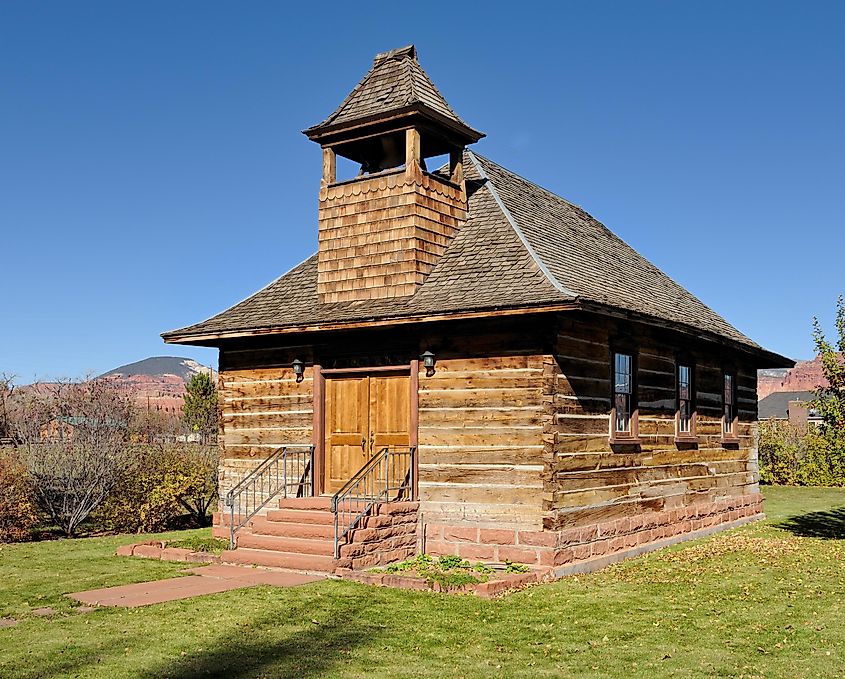
The small village of Torrey’s main tourist draw is the nearby Capitol Reef National Park, which stands out even among the many breathtaking national parks in the region. Within the park, the soaring rock formations of the Waterpocket Fold simply must be seen to be believed. Capitol Reef also has an extensive history as it has been home to different people for thousands of years, as evidenced by petroglyphs etched in rock walls. Although it is difficult to match the park’s awe-inspiring majesty and history, Torrey has a great history of its own, as it maintains a nice collection of historic buildings, including a log schoolhouse. Torrey also hosts fun community events throughout the year, including Pioneer Day, the Chamber Music Festival, and the Cowboy Poetry and Music Festival.
Moab
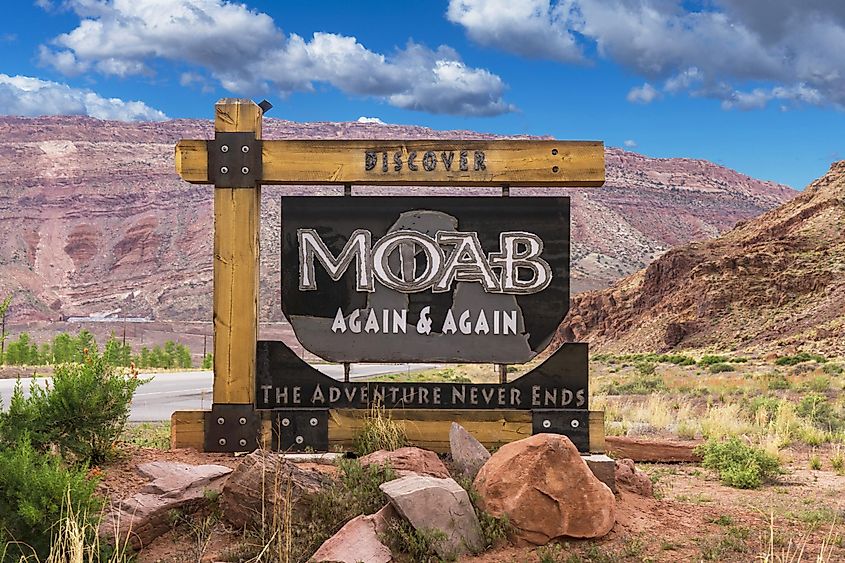
Like a handful of other Utah towns, Moab is a part of Hollywood history: since the 1940s, dozens of movies have been filmed in Moab and its surrounding area. Moab also experienced a boom time during the Cold War due to nearby uranium deposits but is now primarily a tourist destination. The picturesque town is great for a walking tour, yet most visitors come to experience the magnificence of nearby Arches National Park and Canyonlands National Park. In addition to sightseers, mountain bikers come to take on the rugged Slickrock Trail, while off-road 4x4 drivers attempt to conquer the Moab Jeep Safari.
Midway
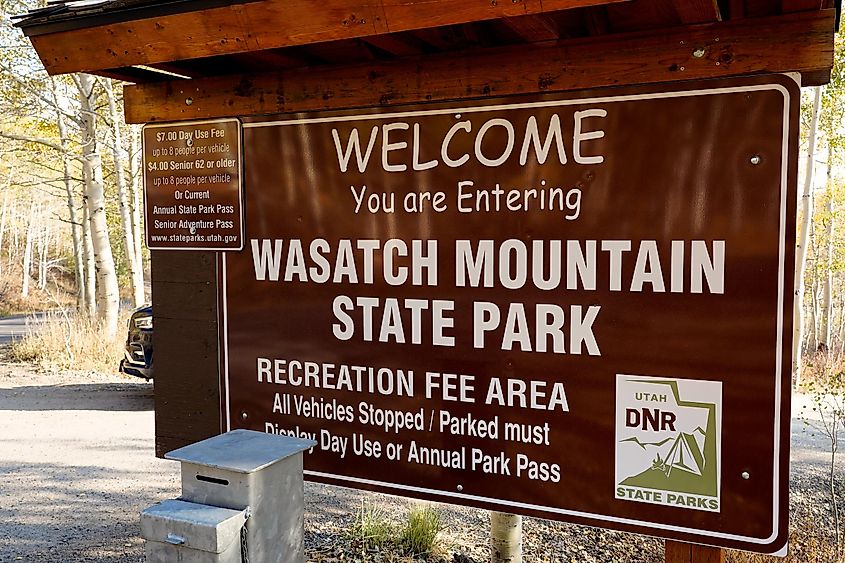
Situated in the middle of the Heber Valley, which is an agricultural heartland, Midway looks and feels a bit less like Utah and a bit more like the Swiss Alps. No wonder, then, that many of the town’s early immigrants were from southern Germans who found the landscape familiar. Midway still retains much of this European flavor, including the literal flavors of Europe at the renowned Bakery at Zermatt. Midway is also a skiing hotbed: it hosted events during the 2002 Olympics and is near resorts in the Wasatch Mountains. Salt Lake City is also only 50 minutes away!
Kanab

Other towns like Grafton and Moab have frequently been filming locations, but only Kanab has earned the nickname “Utah’s Little Hollywood.” A seemingly endless number of Hollywood Westerns have taken advantage of both the town’s movie-ready charm and its spectacular surroundings, dating all the way back to the 1920s. The landscape genuinely pops on film (as well as in person) due to a distinctive red tinge that colors the mesas, cliffs, and soil. This history can be further explored at the Little Hollywood Movie Museum. Kanab is also centrally located among an impressive list of national landmarks, including Zion National Park, Pipe Spring National Monument, Lake Powell, Vermilion Cliffs National Monument, Bryce Canyon National Park, and Grand Staircase–Escalante National Monument. These national landmarks have an impressive history; for example, Pipe Spring National Monuments explores the different traditions of the Mormon settlers and the Kaibab Paiute.
Kamas
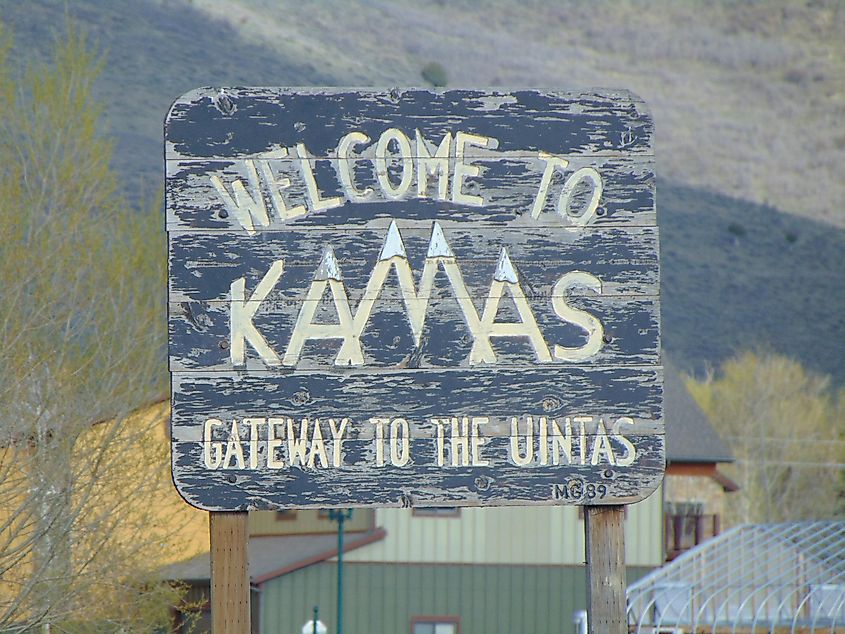
Kamas was founded in 1857 by John Simpson and was originally named "Rhodes Valley." The town was well appreciated historically for its fertile and rich soil, and Native American tribes often visited it in the summer to hunt and gather. Kamas preserves its cowboy heritage by hosting its annual Fiesta Days each July, with a classic rodeo standing out as one of the annual highlights. Along with rodeo enthusiasts, the town is popular with bicyclists who enjoy taking on the challenging yet picturesque Mirror Lake Highway, which runs for 42 miles between Kamas and Evanston. Kamas’ proximity to Uintas Mountains—the town is known as the “Gateway to the Uintas”—and Wasatch Mountains also makes it popular among skiers. Kamas has an important history and role as a supply station for those who would hike or climb the Uintas Mountains.
Utah will always be a prime destination for travelers who want to experience awe-inspiring and sometimes otherworldly natural landscapes. But the Beehive State also has a distinctive history that is worth exploring in its many lovely small towns. Whether you want to see a filming location from one of your favorite movies, attend a rodeo, or enjoy fancy European pastries, Utah has a small town that will scratch your travel itch!
